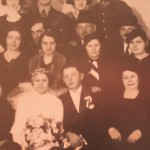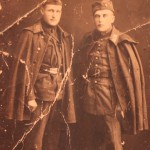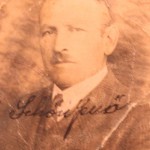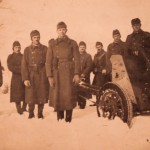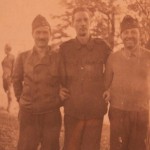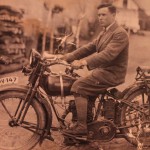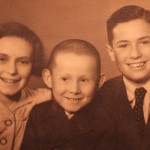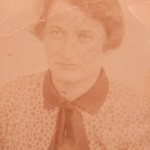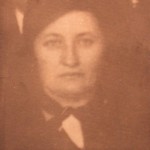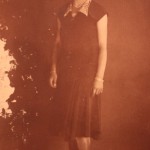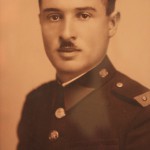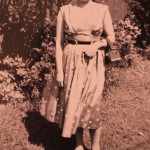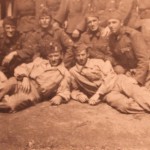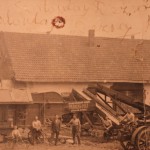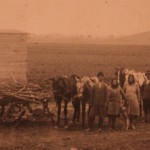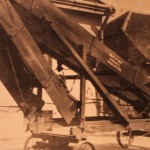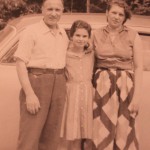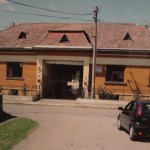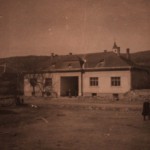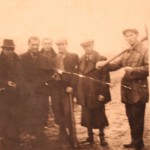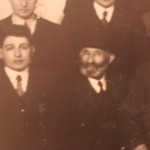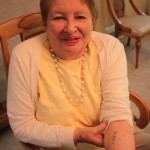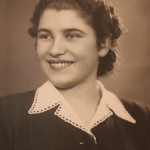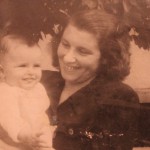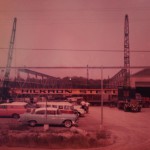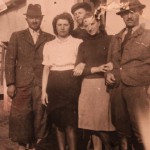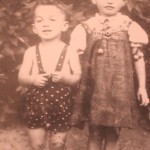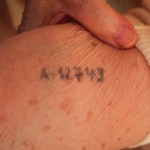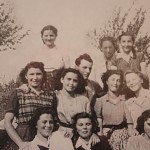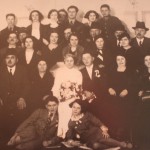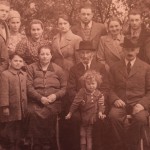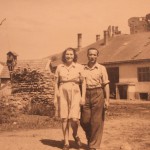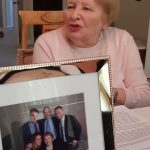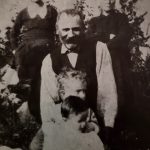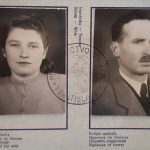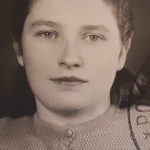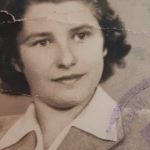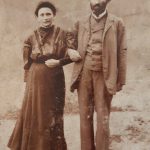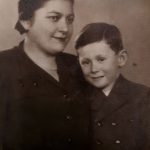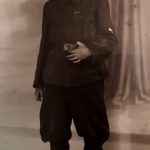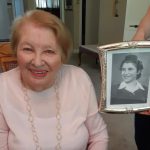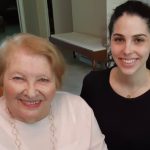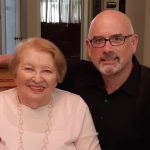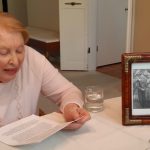Magda Hilf was born in Maly Kevesd, Czechoslovakia, in 1921. Her early years consist of many fond memories, with family and friends and books, all in a rural setting. After 1938’s Munich Accord, the situation changed: when the Hungarians took over her region, the restrictions began. Her father lost his business, and he and so many other men were conscripted into the labour battalions, with many dying on the eastern front. Even so, Magda and her family lived in their village; life had become more harsh, but they could endure. After Nazi occupation in 1944, not even that was possible anymore: her family was driven to the nearby ghetto in Sátoraljaújhely, Hungary. Shortly after, they were deported to Auschwitz-Birkenau, where all were killed except for Magda, who was selected for slave labour and sent to the Junkers factory in Merkleeberg. Magda recalls that conditions there were better, though the hunger persisted. In April 1945, she was forced onto a death march, where she and four friends managed to escape. One month later, they were liberated by the Russian Army. Magda made her way back home to Czechoslovakia; she married and had a daughter, and later immigrated to Israel, and then Canada in 1953.
Magda was interviewed for this project by Scott Masters, who visited her at her home in July 2015. Mr. Masters visited Magda again in June 2019, this time with Arielle Meyer and American researcher Emily Anne Putzke.
Videos
Click next video below to keep watching
